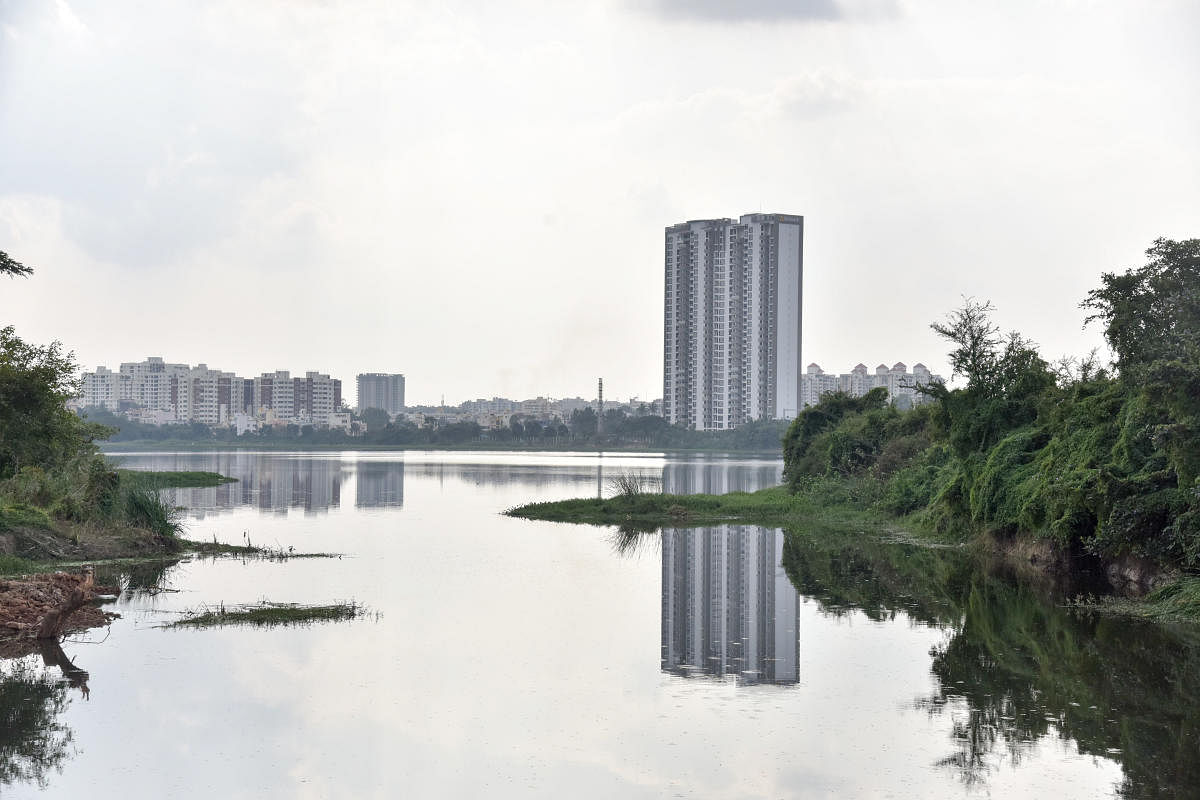
Following a six-month delay, the 2019 Water Policy Report, which makes a strenuous series of recommendations for better water management in rural areas and Bengaluru, has finally seen the light of day.
The Task Group’s report, led by Professors Mihir Shah, S V Ranganath and Dr Sharachchandra Lele, points to the growing water resource crisis prompted by the drying up of rivers and irrigation tanks, declining groundwater levels, pollution of water bodies, and the uneven distribution of available water within and across sectors. It recommends a “paradigm shift” in the water policy.
Although released in June by the Karnataka Knowledge Commission, the 220-page water policy report was held in confidence by the government until Tuesday. The report makes blunt reading about the urgent need for reforms in the way water is being managed, which one expert said was the reason for it being withheld.
“Officers in the water resources department were not prepared to accept the recommendations. They felt that they were too radical. Another reason was that when the report was released, the state government was in flux, and so the commission held back,” an expert said.
A senior government official said four to five high-level discussions on the report had delayed its release.
Paradigm shift needed
The report backs a “paradigm shift” in the state’s water policy. In rural areas, it suggests that irrigation efficiency be improved and that the government incentivise a shift from water-intensive crops such as rice, sugarcane to millets.
In Bengaluru, the situation is deemed serious with rapid economic growth not only increasing the population but also spiking demand from commercial and industrial sectors – which urban local bodies (ULBs) have not been able to equitize.
“Fifty per cent of Bengaluru’s households get less than 90 litres per capita per day (lpcd). But at the same time, the top 10% averages 340 lpcd. Water tariffs generally do not reflect the operation and management costs of supply and are implemented erratically... And with more than 50% of ULBs being partially or full dependent upon groundwater, sustainability is an increasing challenge,” the report stated.
The senior official said several recommendations would be accepted, but could not specify the number.
Among the report’s special recommendations within the BBMP’s areas was: exploring ways of using lakes as multi-function waterbodies, including aesthetic/spiritual functions, biodiversity habitat, groundwater recharge, stormwater or treated wastewater repositories; having the BWSSB take over management of STPs (instead of privatising them) and restructuring the governing board of BWSSB to ensure representation by the BBMP, civil society, and independent multidisciplinary water experts, while drastically reducing the number of ex-officio members.
Recommendations for the city
The groundwater will be treated on an equal footing with imported river water and will be seen as a valuable local resource that provides inter-seasonal storage, to be used sustainably by the ULB/BWSSB in the public interest.
Private groundwater pumping will be metered, and its use for commercial purposes will be charged at CII rates.
Mapping of aquifers and identification and protection of recharge zones will be part of the ULB/BWSSB’s mandate.
Encourage (not penalise) rainwater harvesting by individual users. Mandate rainwater harvesting for commercial, industrial and institutional (CII) users. Mandate wastewater reuse for CII consumers.
ULBs to get external river water only after they meet minimum rainwater harvesting.
Reduce unaccounted for water (UFW: leakages and thefts) to below 15% by 2025 in all ULBs.
Rename the Bangalore Water Supply and Sewerage Board (BWSSB) as the Bengaluru Water Board, and mandate it with ‘managing and distributing all water’, including local rain, storm and groundwater, wastewater and imported water for the citizens of BBMP area.
Decentralise wastewater treatment as much as possible to lakeside STPs
Mandate the use of treated wastewater for all public irrigation purposes